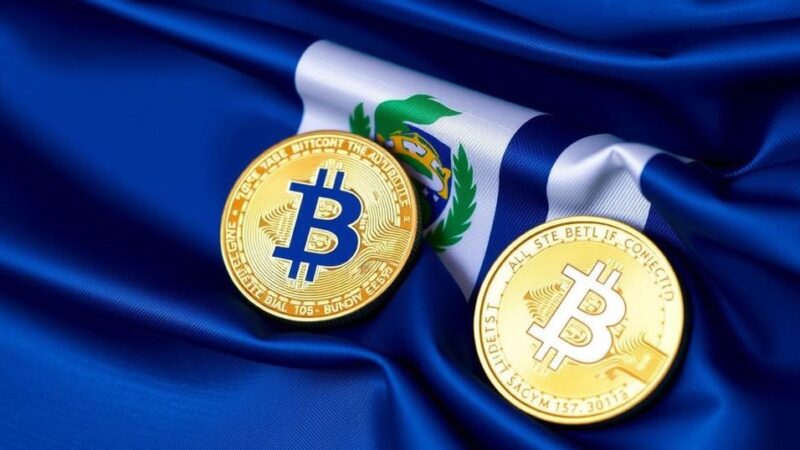In this week’s Latam Insights, El Salvador continues to bolster its Bitcoin reserves despite IMF suggestions, Argentina’s court orders a $3.5 million USDT freeze linked to a pyramid scheme, and Brazilian Congresswoman Julia Zanatta expresses concerns over the risks of the national CBDC, drex, signaling potential changes in cash usage.
In the recent segment of Latam Insights, significant developments in cryptocurrency and economy across Latin America are reported. Firstly, despite the International Monetary Fund’s (IMF) advisory to temper its bitcoin activities, El Salvador has reaffirmed its commitment by continuing its acquisition of Bitcoin during the holiday season. Meanwhile, in a pivotal move, Argentine authorities have ordered the freezing of $3.5 million of Tether (USDT) linked to the purported pyramid scheme, Rainbowex. Additionally, Brazilian Congresswoman Julia Zanatta has raised concerns regarding the potential risks associated with the upcoming central bank digital currency (CBDC), “drex,” and its implications for cash usage in Brazil.
El Salvador has maintained a vigorous approach toward its bitcoin investment strategy even after reaching an agreement with the IMF. The nation’s Bitcoin Office, led by director Stacy Herbert, announced the acceleration of BTC purchases, highlighting their confidence in the cryptocurrency’s future. The continuous purchasing spree is showcased on social media, where the office proudly updates its growing Bitcoin reserve, managing to acquire 12 BTC on the 21st and one more each day thereafter.
In Argentina, a monumental legal decision has been made, wherein the judicial system required Tether to freeze assets amounting to $3.5 million tied to Rainbowex, a scheme that has reportedly harmed numerous individuals. This unprecedented move marks one of the first judicial steps taken by Argentina’s authorities against USDT, indicating a proactive strategy in responding to cryptocurrency-related fraud and ensuring consumer protection. The operation had broad implications, resulting in multiple search warrants and arrests as part of a crackdown on the illegal operation.
Moreover, the conversation around the introduction of drex in Brazil has sparked significant concern among political figures, particularly Julia Zanatta. She has vocally opposed the current legislative efforts that seek to eliminate cash usage, emphasizing a need for voluntary participation in the new CBDC system to safeguard economic freedoms. The future of cash transactions could be jeopardized under proposed regulations, prompting Zanatta to advocate for legislative measures that protect citizens from mandatory digital currency adoption. In this context, the discussions surrounding the regulation of cryptocurrencies and the push towards digital currency underscore the increasing significance of economic policy in Latin America’s financial landscape.
The landscape of cryptocurrency in Latin America is evolving rapidly, with countries like El Salvador leading in bitcoin adoption as part of a broader economic strategy. El Salvador’s initiative to incorporate bitcoin as legal tender has set a global precedent, generating interest and scrutiny from international bodies such as the IMF. Meanwhile, Argentina’s legal actions against cryptocurrency-related fraud demonstrate an urgent need for regulatory frameworks to protect citizens. The advent of central bank digital currencies, like Brazil’s proposed drex, has initiated debates around the implications for cash usage and economic freedom.
In conclusion, Latin America’s engagement with cryptocurrency continues to unfold with significant developments in El Salvador, Argentina, and Brazil. El Salvador showcases an unwavering commitment to bitcoin, Argentina takes steps to counter fraudulent schemes involving USDT, and Brazilian lawmakers voice concerns regarding the potential risks of mandatory cryptocurrency systems. As the region navigates the complexities of digital finance, these events highlight the balance between innovation and regulation in the financial sectors of Latin America.
Original Source: news.bitcoin.com







